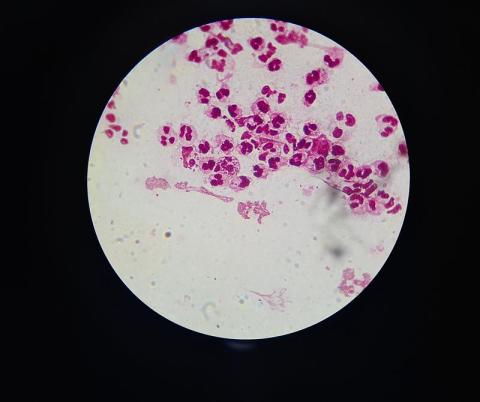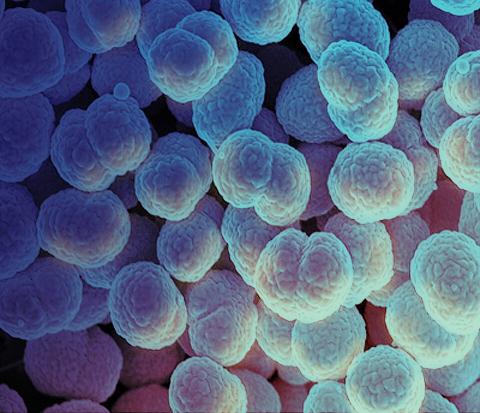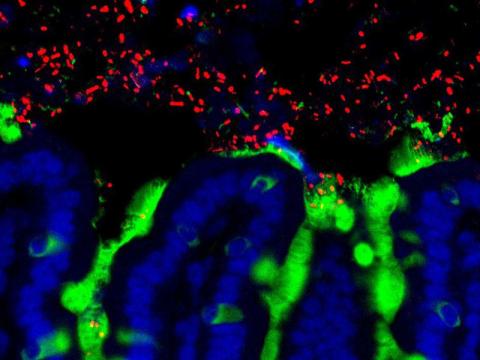Ramón y Cajal Hospital
If you are the contact person for this centre and you wish to make any changes, please contact us.
Neurologist at the CSUR Multiple Sclerosis Unit of the Ramón y Cajal University Hospital and member of the Ramón y Cajal Institute for Health Research
President of the Spanish Glaucoma Society (SEG), head of the ophthalmology department at the Ramón y Cajal Hospital and professor of ophthalmology at the University of Alcalá de Henares (UAH).
Dermatologist specializing in vitiligo at the Ramón y Cajal Hospital in Madrid.
Head of the Reference Centre for Imported Tropical Diseases and member of the Infectious Diseases Service of the Ramón y Cajal University Hospital in Madrid
Dermatologist at the Hospital Ramón y Cajal and Master in Tropical Medicine at the Universidad Autónoma de Madrid, member and one of the spokespersons of the Spanish Academy of Dermatology and Venereology (AEDV) for monkeypox
Head of the Medical Oncology Service at the Ramón y Cajal University Hospital, associate professor at the University of Alcalá and former president of the Federation of Spanish Scientific and Medical Associations (FACME)
Head of the Microbiology Department at the Ramón y Cajal University Hospital, member of the Ramón y Cajal Institute for Health Research (IRYCIS) and the CIBER of Infectious Diseases (CIBERINFEC) of the Carlos III Health Institute.
Researcher at the Ramón y Cajal Hospital and member of the Specialised Group for the Study of the Human Microbiota of the Spanish Society of Infectious Diseases and Clinical Microbiology (SEIMC-GEMBIOTA)
Head of the Infectious Diseases Service at Ramón y Cajal Hospital (Madrid) and professor in the Department of Medicine at the University of Alcalá de Henares.

One oral dose of zoliflodacin—a new antibiotic—is as effective as the current treatment for uncomplicated urogenital gonorrhoea, according to the results of a phase 3 clinical trial published in The Lancet. In some parts of the world, the bacteria that cause gonorrhoea have developed resistance to the current treatment, which combines an injection of ceftriaxone and an oral dose of azithromycin. Zoliflodacin could be an alternative to this treatment, concludes the study, which included 900 people from five countries.

Gonorrhoea is the second most common sexually transmitted disease in the world, with 80 million cases each year. There is no effective vaccine, and the bacteria responsible are becoming resistant to common antibiotics. Some studies have suggested that the meningococcal B vaccine, a unrelated bacterium, may offer partial protection against gonorrhoea. Now, an Italian team has identified 17 antibodies that could explain this cross-immunity, which, according to the authors, could be used to develop treatments and vaccines. The results are published in the journal Science Translational Medicine.

A team from France has studied the intestinal microbiota of elite athletes with high aerobic capacity (footballers and cyclists). The data indicates that they have less bacterial diversity and that the transplantation of faeces from athletes to mice improves metabolic parameters such as insulin sensitivity and glycogen deposits in the muscles. The results are published in the journal Cell Reports.

Cuts in international HIV funding could cause between 4.4 million and 10.8 million new HIV infections between 2025 and 2030 in 26 low- and middle-income countries. In addition, these funding reductions could result in between 770,000 and 2.9 million HIV-related deaths, according to a study published in The Lancet HIV. Five countries that together provide more than 90% of funding for international HIV interventions - the US, UK, France, Germany and the Netherlands - have announced reductions in funding between now and 2026, the article explains. This includes the immediate suspension, in January 2025, of US funding, which accounted for nearly three-quarters of the total.

A team from Canada and the United States has found a candidate to form part of a new class of antibiotics, lariocidin. This could be effective against multi-resistant bacteria. The finding is published in the journal Nature.

Glaucoma is the leading cause of irreversible blindness worldwide and one of its potential risk factors is high myopia. Its early diagnosis is crucial, but also difficult due to the absence of symptoms. With the help of experts, we answer the main questions about this eye disease.

‘Bacterial signatures’ from genital areas could serve as a forensic tool to identify perpetrators of sexual assault, even if there is no trace of sperm, according to a study published in the journal iScience, by the Cell group. After sequencing the DNA of bacteria from genital samples from 12 stable couples, the authors show that a transfer of bacterial species occurs during intercourse, allowing the identification of each person’s own genital microbiome or ‘sexome’.

Every 11 February is celebrated as World Medical Women's Day, which coincides with the International Day of Women and Girls in Science, although its commemoration refers to Elizabeth Blackwell, the first woman to obtain a medical degree in the USA, in 1849. More than a century and a half later, despite the increasing number of women graduates, inequalities persist in the profession, especially in senior positions.

Research in mice shows that the gut microbiota of pregnant mice influences the development of stem cells in their offspring. Changes in the bacterium Akkermansia muciniphila in the maternal microbiota alter the proliferation of intestinal and neural cells in the offspring, according to the study published in Cell Stem Cell.

Rituximab and ocrelizumab are two antibodies with a similar mechanism of action that are used in the treatment of multiple sclerosis. Although the former had not shown benefits in primary progressive multiple sclerosis — which affects between 10% and 15% of patients — the latter is approved for this form of the disease. Now, a study conducted in France with more than 1,000 patients has found no benefits with either treatment, as they did not slow the progression of disability in these individuals. The results are published in the journal Neurology.